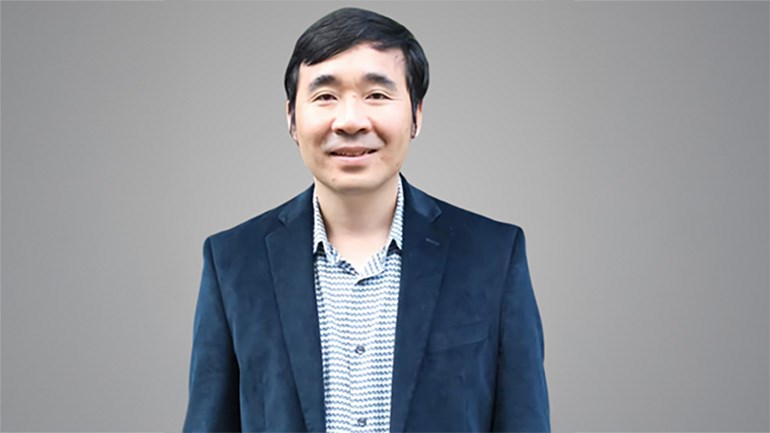FACULTY OF CULTURE AND SOCIETY | Seminar
GP Seminar: Thiem Hai Bui: Digital Instrumentalism and Authoritarian Resilience
Wednesday 5 November, 13:15 - 15:00
Hybrid meeting, join on Zoom
Niagara, Nordenskiöldsgatan 1, NI:C0933

Thiem Hai Bui: "Digital Instrumentalism and Authoritarian Resilience: Vietnam's Strategic Use of Digital Technology for Regime Stability"
Speaker:
Dr. Thiem Hai Bui is a researcher at the Department of Global Political Studies, Malmö University. Prior to this position, he was a researcher at the Stockholm Center for Global Asia, Stockholm University. His previous positions include senior lecturer in political economy at Vietnam National University-Hanoi, senior lecturer at the Diplomatic Academy of Vietnam, senior research fellow at the Institute for Legislative Studies under the Vietnamese National Assembly. He was a member of the Committee on Philosophy, Political Science, Sociology, and Law at the Vietnam National Foundation for Science and Technology Development (NAFOSTED) for two terms (2019-2024). He had visiting positions as researcher/lecturer at Duke University, University of Oslo, and Jagiellonian University in Krakow. He holds a PhD in political science from the University of Queensland, Australia, an MA in International Studies from SOAS, University of London, and a BA in International Relations from the Diplomatic Academy of Vietnam.
His research interests cover authoritarianism, constitutional politics, rule of law, fundamental rights, civil society and governance in authoritarian context, with a focus on Vietnam and other Southeast Asian nations. He has published various book chapters with Palgrave Macmillan and Routledge, and scholarly articles with reputed journals like Asian Survey, Asian Studies Review, Journal of Current Southeast Asian Affairs, Asian Journal of Comparative Law, Asian Journal of Social Science, Contemporary Southeast Asia, and Journal of Vietnamese Studies.
Abstract:
Authoritarian regimes like Vietnam have developed capabilities of using digital technologies as a significant tool for regime durability. Unlike China’s great firewall model, Vietnam’s incremental and home-grown digital controls are made possible in conjunction with effective cooptation of Big Tech for state-censored information without alienating economic stakeholders.
Based on analyses of Vietnam's evolving digital controls and regime durability, I examine how Vietnam's regime strategically leverages digital tools not just for repression but for adaptive governance and legitimacy-building, through surveillance, content moderation, and partnerships with foreign platforms, distinguishing it from more isolationist models like China's. This highlights Vietnam's "quiet evolution" in using digital means to maintain public trust, suppress dissent, and reduce external pressures, as seen in strategies blending repression with performance legitimacy by means of achieving greater economic wealth under a politically tightening grip.
Welcome to the GP seminar, November 5th
